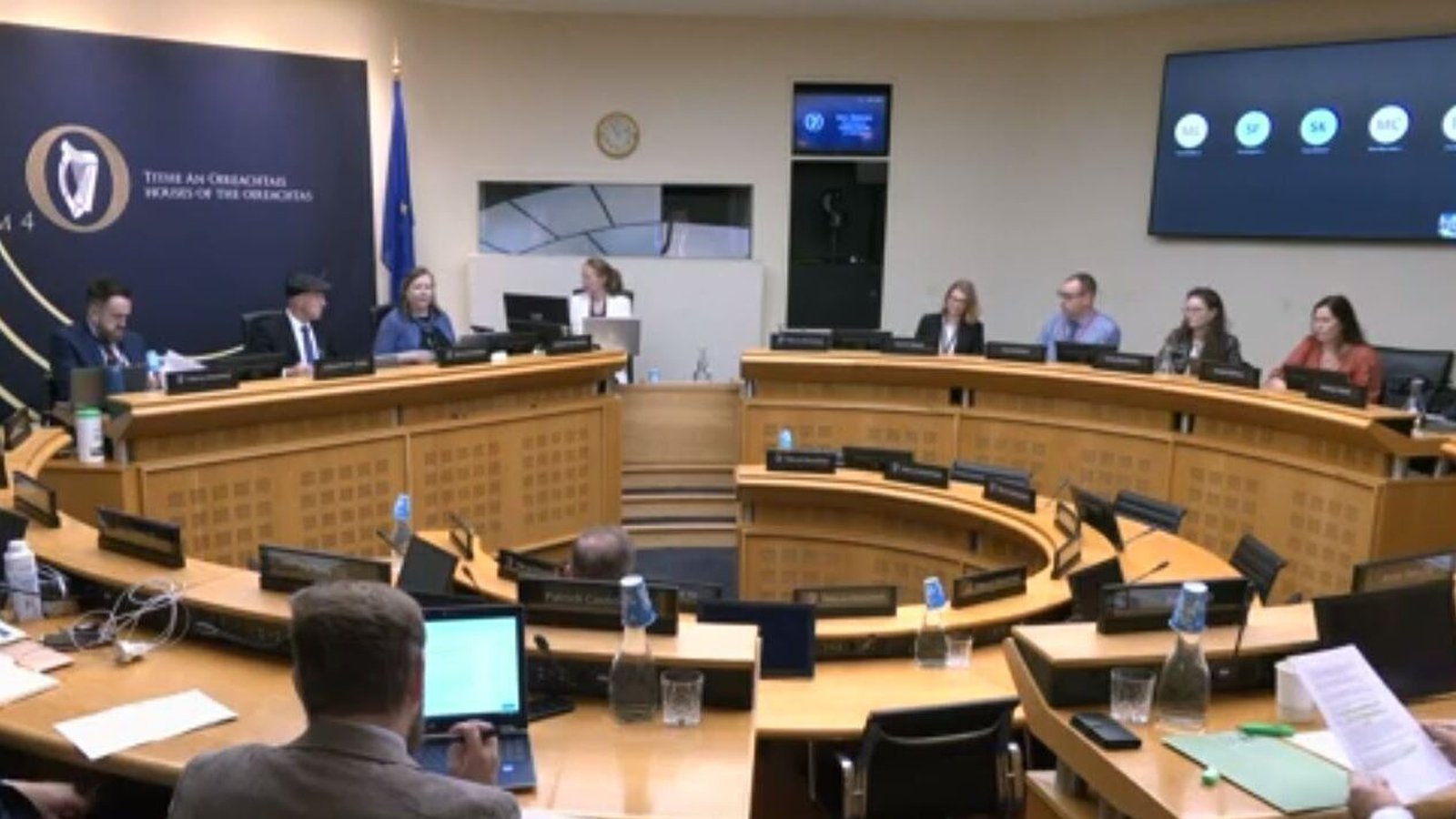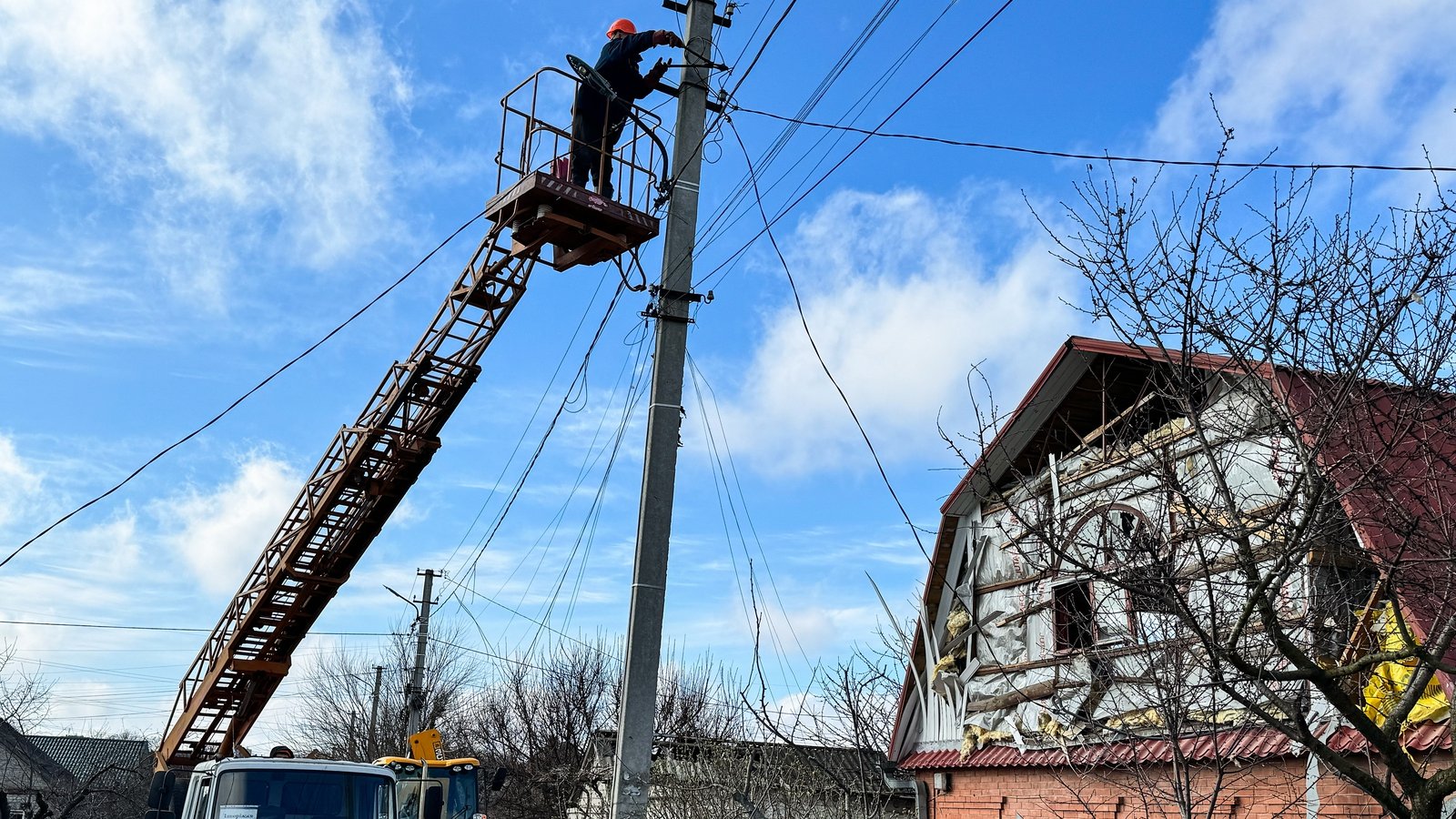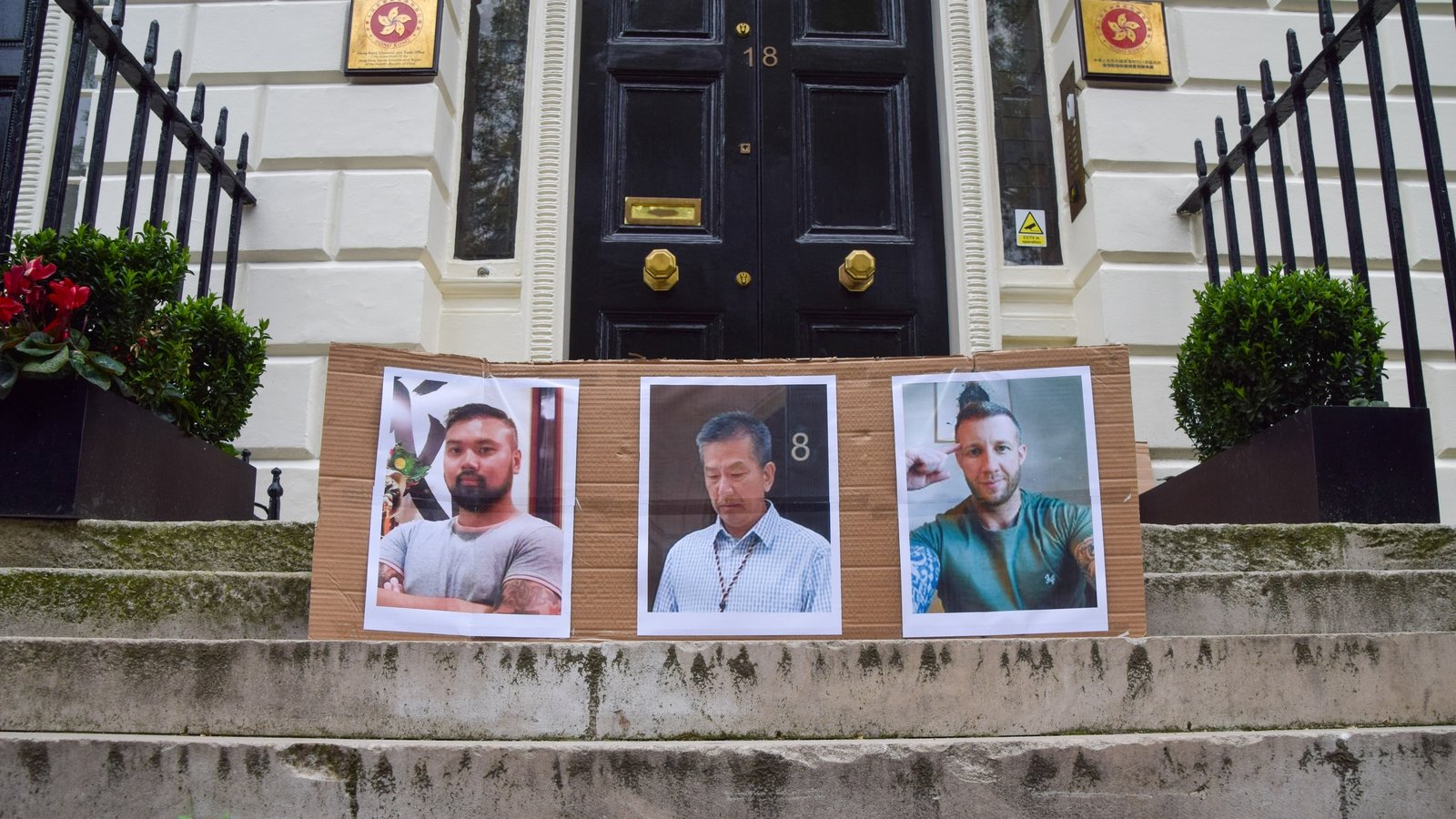Women tackle femicide epidemic in Kenya
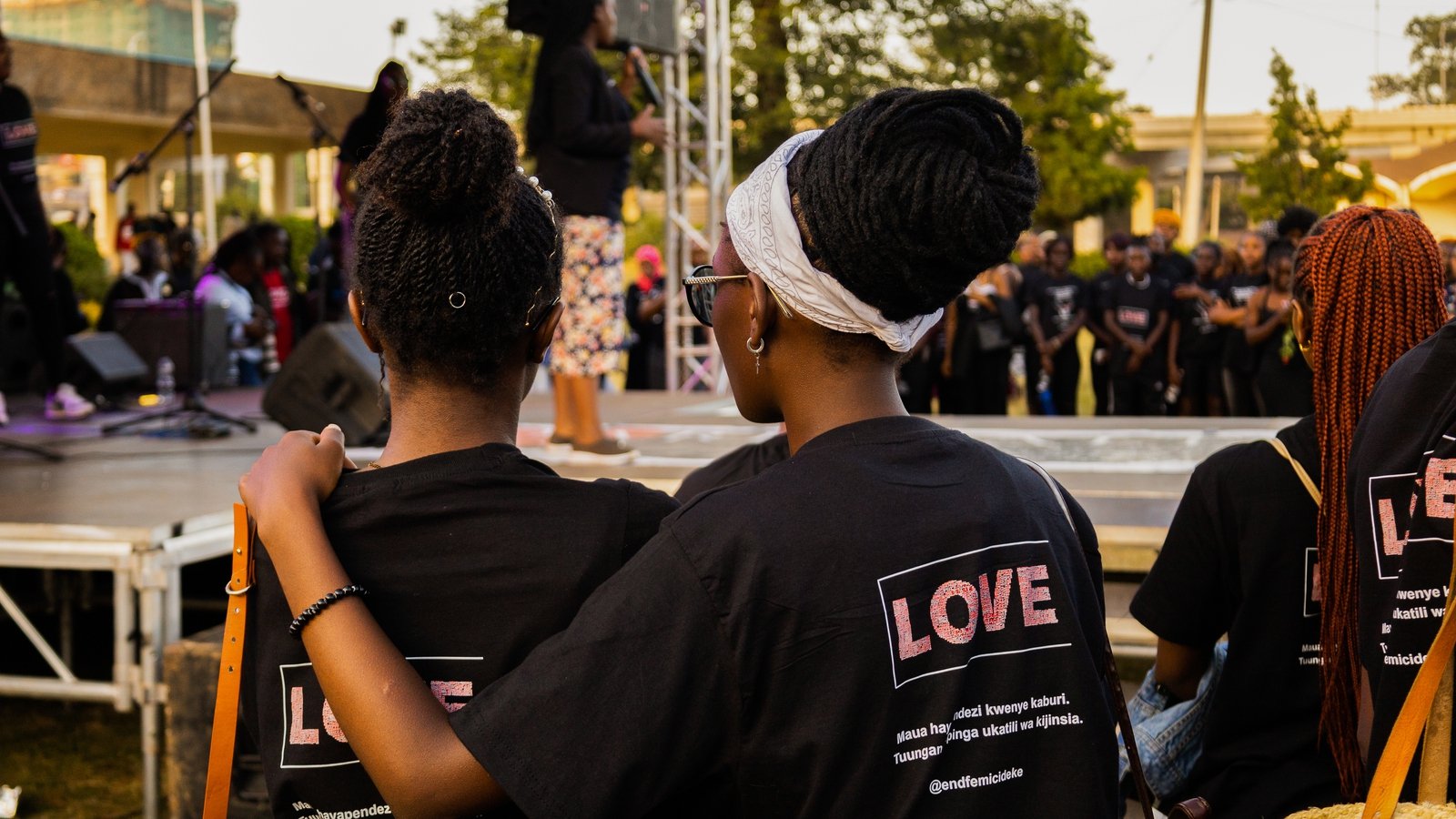
By Caitlin Kelly, in Nairobi, Kenya
As the world celebrates women, Kenya mourns their loss.
According to local reports, 30 women have fallen victim to violence since the beginning of the year, sparking intense nationwide debate.
These murders, marked by their brutality and gender-based nature, have ignited public outrage.
In response, campaign group End Femicide KE have spent their International Women’s Day delivering their demands to local leaders and national legislators.
This initiative is one action of a collective endeavour by local rights groups to address what they describe as a femicide epidemic.
According to End Femicide KE’s Muthoni Maingi, the group received “hard commitments from the police, legislators and national security to work together,” on the much needed reforms.
“They can now be accountable for every bullet point moving forward,” she added.
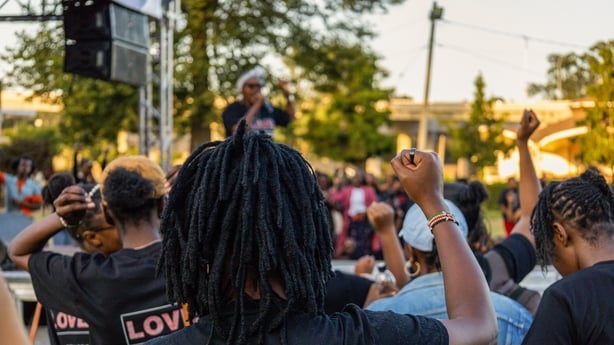
Defined by UN Women as intentional killings with a gender-related motivation, femicide has claimed more than 500 lives in Kenya since 2016.
Analysis by the Africa Data Hub suggests that most of these murders were committed by individuals who were intimately known to the victims, often within romantic relationships.
One of the recent victims was Rita Waeni, a 20-year-old student.
On 14 January, Rita was killed and dismembered in a short-term rental property in Nairobi.
Days before, a well-known Instagram figure, 26-year-old Starlet Wahu, was fatally stabbed by a man she met online.
In response to these killings, thousands took to the streets in late January, demanding legal and social reforms.
Many carried placards with slogans such as #StopKillingUs and #WeJustWantToLive.
A few weeks later, hundreds of women gathered at the University of Nairobi for ‘Dark Valentine,’ one of several vigils held across Kenya to honour those lost to the violence.
Romantic dinner plans were replaced by an evening clad in black as music and words from local artists and activists echoed a collective determination to end this violence.
Campaigners and self-described feminists Marilyn Kamuru, Antonia Musunga and Martha Mwatha, emphasised this need for tangible change.
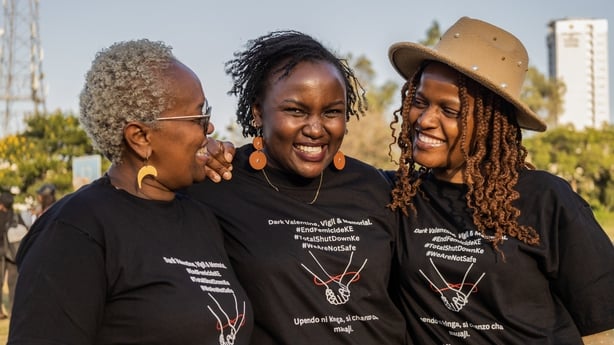
Inspired by South Africa’s ‘Total Shut Down’ protests, these women first joined forces to end the systemic violence against women in 2019.
Marilyn had tears in her eyes when she spoke about the movement’s evolution – now made up of multiple community organizations, including End Femicide KE.
“You don’t need a job. You don’t need an invitation. You do what you have to do,” she said – summarising the view of many women joining the wider movement in Kenya.
She said there has been some change since 2019, with more social media attention and parliamentary interest, but this needs to translate into systemic reforms.
“Our siblings were murdered. Demanding that the change happens is not only for them, but for the ones who are still left alive,” she said.
Martha described how low education levels, combined with religious and cultural norms of purity, contribute to a “patriarchal society”.
She went on to highlight the adverse effects of Kenya’s economic instability, especially on women – underscoring the importance of inclusive economic development as part of proposed policy reforms.
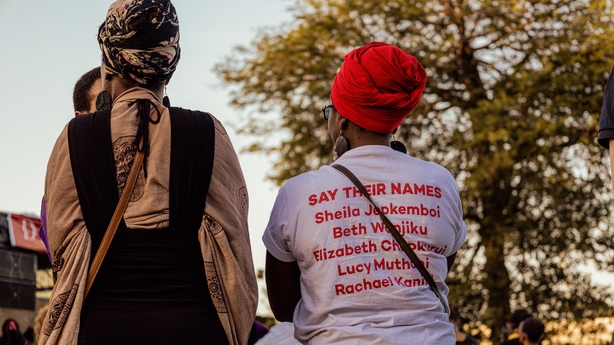
Antonia explained that even finding the word ‘patriarchy’ in some of Kenya’s local languages is difficult.
She said in order to address the problem we “need to name the problem in a language that people can understand”.
UN Women representative in Kenya, Anna Mutavati, said that negative social norms as key obstacles to preventing femicide.
“We have much work to do to change biased societal perceptions including the media narrative and social media bloggers that fuel the normalisation of the killings, bystander syndrome and victim blaming,” she said.
Martha also pointed to the “manosphere” that has emerged online, fuelling the “rampant misogyny” she believes plagues Kenyan society.
She cited the influence of social trends such as #MasculinitySaturdays – a platform with a large online following that preaches male dominance, and hyper-masculine ideologies.
Gender-based violence has long been a problem in Kenya, with a 2022 national survey reporting that at least 34% of women had experienced physical violence.
Usikimye, a national survivor-support organisation, receives around 15 calls or messages a day from victims of sexual and gender-based violence.
Kenya has adopted UN treaties that tackle gender-based violence, and national laws such as the sexual offences act criminalise violence against women.
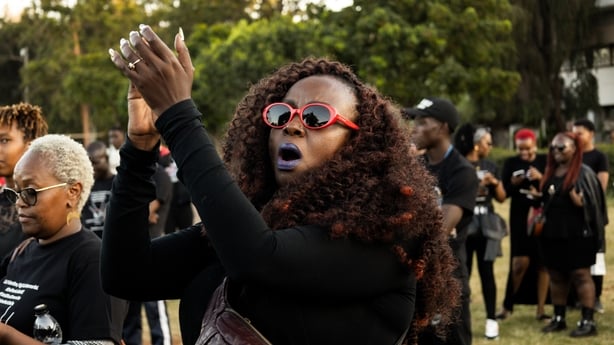
Speaking earlier this year, Harriet Chiggai, President William Ruto’s advisor on the issue, reiterated the government’s commitment.
“The government in its women’s agenda is explicitly committed to ending all forms of violence,” she told a press conference in January.
Last month, more than 270 local groups urged the government to recognize femicide as a criminal offence.
The aim is to legally acknowledge the distinct and misogynistic nature of these crimes.
Today, these reforms have moved one step closer to the country’s national assembly.
But the issue of femicide is not unique to Kenya.
In 2022 alone, nearly 49,000 women worldwide were killed by intimate partners or family members.
Vigils have emerged as a widespread response to these tragic killings.
In 2021, thousands gathered in the UK following the death of Sarah Everard, and just a year later, similar vigils took place across Ireland to honour the memory of Ashling Murphy.
As the world observed International Women’s Day, it also marked another day where, by UN estimates, 133 women lost their lives to violence at the hands of loved ones.


